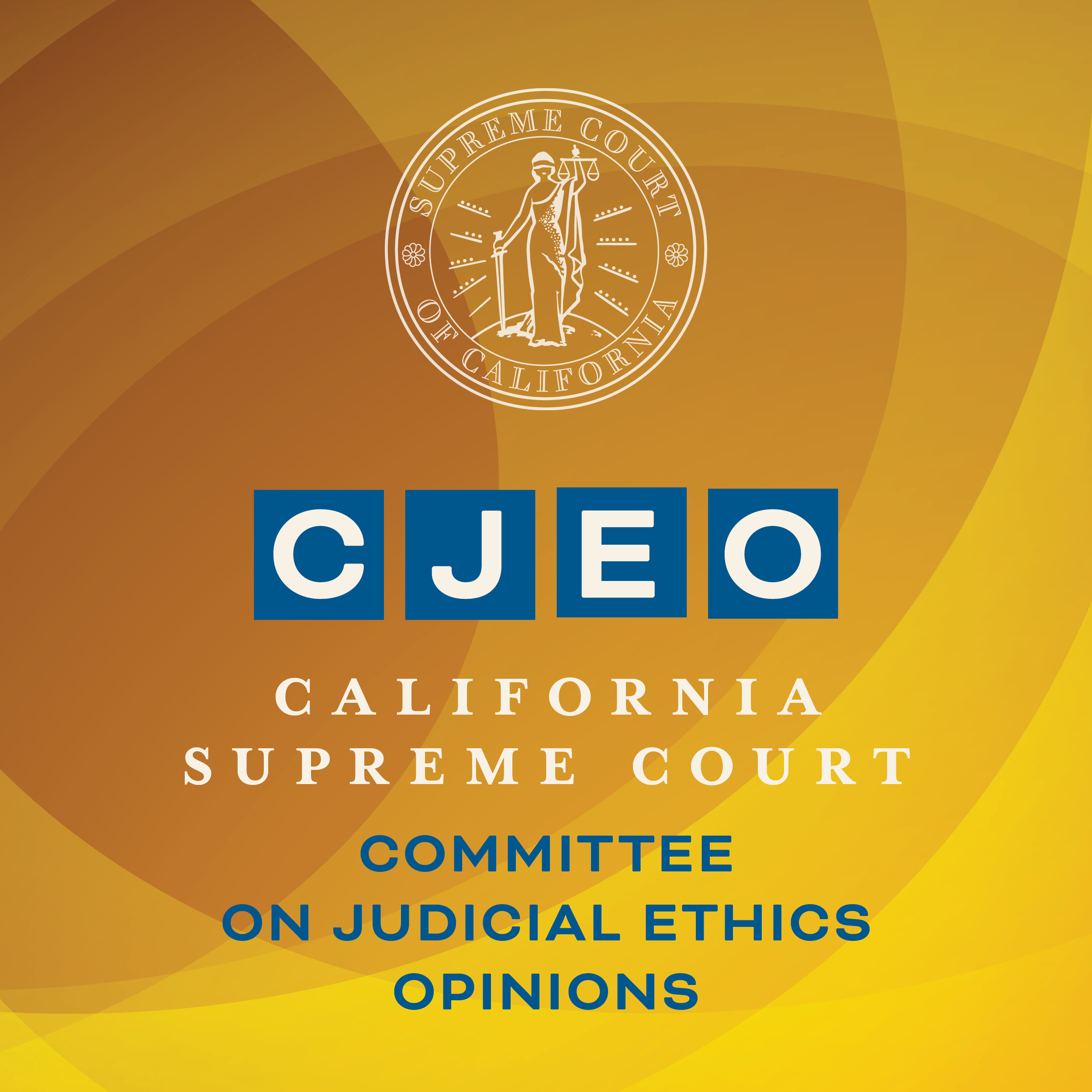Ethics Committee Issues Advice to Judges on Disqualifying from School District Mask and Vaccine Mandate Cases
The Supreme Court Committee on Judicial Ethics Opinions (CJEO) has issued advice about whether judges participating in civics education programs should disqualify from cases challenging school district mask and vaccine mandates.
In CJEO Expedited Opinion 2021-044, the committee concludes involvement in civics education programs does not trigger mandatory disqualification. However, judges should consider whether special facts require disqualification. For instance, if during civics education activities, a judge heard school district representatives discussing relevant information about mask and vaccine policies, the judge may need to disqualify from cases challenging those policies.
The committee further advises that even if there are no mandatory grounds for disqualification, judges may exercise their discretion to disqualify when they believe a member of the public would reasonably doubt the judge’s impartiality. This might happen, for example, if the judge was closely associated or had extensive communications with someone personally named in the lawsuit. However, judges must weigh potential concerns about impartiality against the duty to hear all cases, including those that may be controversial, from which they are not disqualified.
Judicial involvement in civics education serves an
important function and is to be encouraged. Judges engaged in these kinds of activities must consider how the public will perceive the judge’s involvement and strike the right balance between the duty to refrain from hearing cases when there is any reasonable doubt about impartiality and the duty to hear cases when there are no reasonable grounds for disqualification,” said Justice Douglas Miller, committee vice-chair.
The committee also notes that even when disqualification is not required, trial judges may need to disclose certain facts on the record if those facts were reasonably relevant to the judge’s decision whether to disqualify in a particular case.
About the Committee on Judicial Ethics Opinions (CJEO)
The Committee on Judicial Ethics Opinions is a 12-member advisory committee that includes appellate justices, trial court judges, a retired judge, and a commissioner. The committee is appointed and authorized by the California Supreme Court, but its work is independent of the court, the Judicial Council, and all other entities. Its opinions are advisory and do not necessarily reflect the views of the California Supreme Court or any other entity.
The committee issues formal, informal, and expedited advisory opinions on proper judicial conduct pursuant to the California Code of Judicial Ethics and other authorities. CJEO posts its opinions on the CJEO website for the benefit of the bench and the public.


